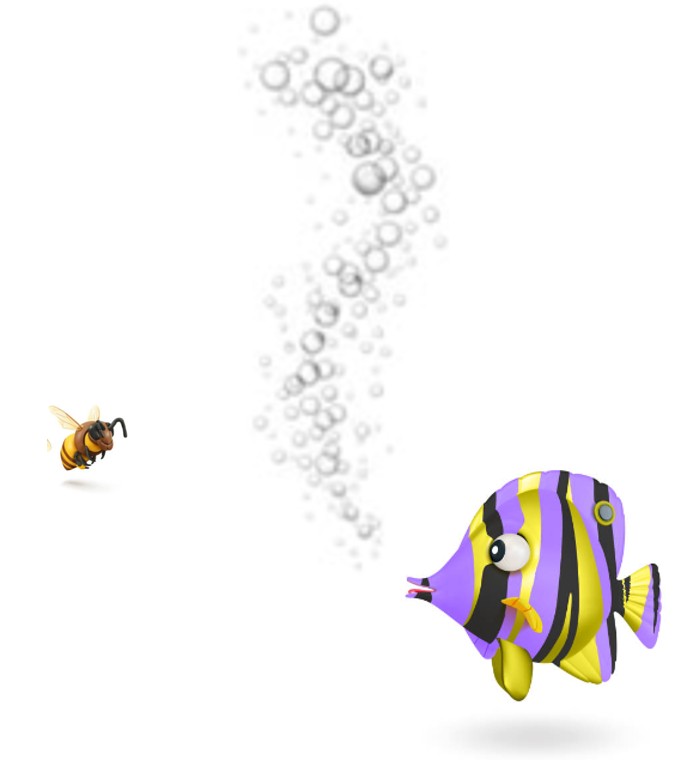

Those of us who are into language learning are constantly told not to be fussy, that the important thing is to communicate, and that it doesn’t matter if your message sounds like a jumble of words, as long as the other person understands what you’re saying.
That’s basically what communication is all about, but the basics aren't usually what we all have in mind when we learn a language. That's just the starting point, and it's largely up to us to become proficient at it. That's why we jump into consuming all the different kinds of content available to us to create this bubble called “immersion.”
Immersion in language learning has proven to be one of the most effective methods, and is therefore, one of the most widely used. But what isn’t so often talked about is that immersion has a drownside—or, at the very least, a cost.
Those of us who willingly learn a language, subject ourselves to an relentless bombardment of input, so that drop by drop our target language seeps into our brains, since that’s what we’re supposed to do to take it to the next level.
That’s all part of the process, but what happens to our native language when we learn a foreignlanguage? I would like to be able to say that my Spanish is intact, that I still express myself with the same clarity and accuracy that I used to, and that I don’t stammer when I speak in public, but unfortunately that is not the case. Learning English has not left my Spanish untouched, so I find myself constantly trying to remember words that simply don't exist in Spanish but do in English. In other words, I think in English even when I’m speaking Spanish. Isn’t that crazy?
For me, speaking correctly isn’t the most important thing, but it is very important. In a society where, like it or not, everything is tagged and categorized, the way we speak speaks for us. Simply put, no matter how you slice it—the wrapping matters, and it matters a lot/and very much so. If it didn't, we'd all wrap our gifts in newspaper.
*Picture by ¡Stockphoto
Headline image by ameenfahmy on Unsplash
Learning another language makes you deepen your own.
I’d say from my experience I learned more about my own language from the questions non-native speakers asked me than from learning English. But, yes, one way or another, learning languages got us to think about our own language.
Interesting. Many books have been written on this subject. The results vary a lot from person to person (and in different cultures.)
@T-Newfields. Yes, and the fact that we tend to take for granted that we've mastered our own language, so there's no need to relearn it or even question it.